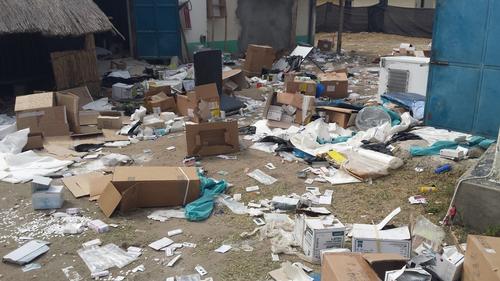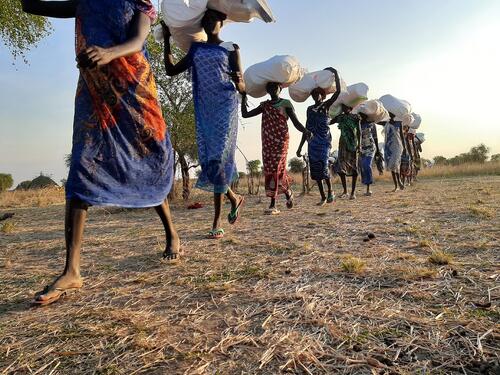In addition to recurrent conflicts, the country continues to suffer from concurrent emergencies, including severe flooding, food insecurity and disease outbreaks. According to the United Nations*, two-thirds of people are in need of humanitarian assistance such as food, water and healthcare.
Our teams provide a range of services including general healthcare, mental healthcare and specialist hospital care. Our mobile teams also provide health assistance to displaced people and remote communities in eight of the country’s 10 states and in two administrative areas. In addition to responding to emergencies and disease outbreaks, we also carry out preventative activities, such as vaccination campaigns, seasonal malaria chemoprevention, safe drinking water and non-food items distribution.
*OCHA
Why are we here?

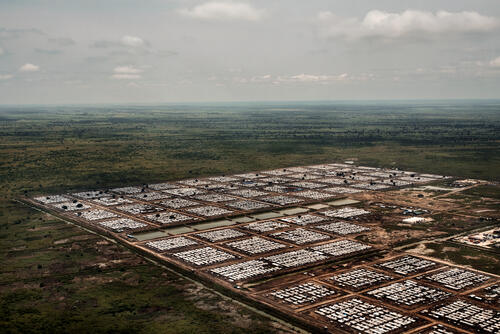
Tens of thousands of people in South Sudan have died and roughly one in three have been forced from their homes since renewed conflict broke out in December 2013. Our teams are constantly adapting their response to ensure we can continue providing displaced people with medical and humanitarian assistance. We also provide much-needed medical and mental healthcare in the former and current Protection of Civilians camps, where hundreds of thousands of people remain trapped in a hostile and insalubrious environment.

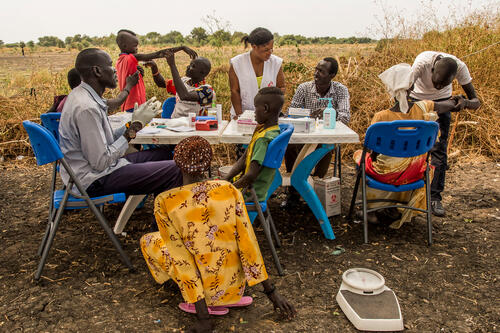
Medical care is practically non-existent for people living in remote areas in South Sudan. MSF runs hospitals and clinics and supports existing government-run facilities, in particular with maternal, paediatric, neonatal and surgical care, and mental health support. Our teams also train community healthcare workers and run outreach and preventative activities, such as vaccination campaigns.


South Sudan experiences recurrent infectious disease outbreaks, including measles and cholera. Malaria is also endemic and is one of the leading causes of sickness and death especially among children. In collaboration with the Ministry of Health, we organise mass vaccination campaigns against these diseases. We also provide seasonal chemoprophylaxis for malaria – and for all diseases we provide care and treatment for patients.

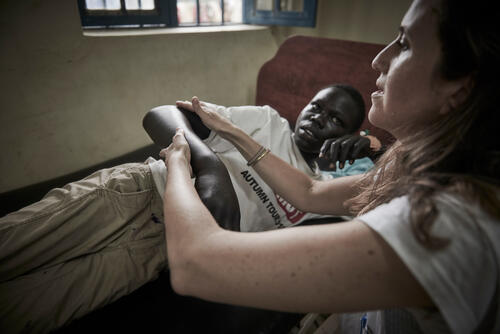
South Sudan has a high burden of neglected diseases such as kala azar, sleeping sickness and snakebites. Our teams provide specialised care to people suffering from these diseases in our facilities. We also advocate for better access to treatment, since very few options are available in the country.

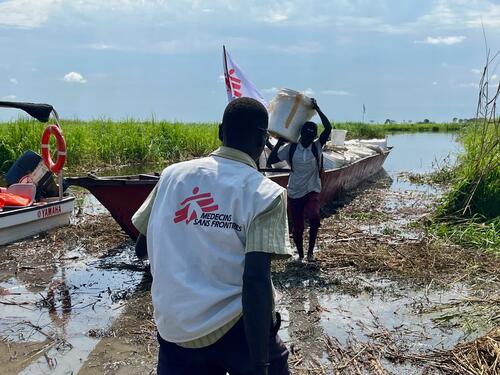
South Sudanese have experienced successive years of flooding caused by heavy rains. Hundreds of thousands have been forced to leave their homes and live in dire conditions with limited access to healthcare, drinking water and food. This recurrent situation has amplified the risk of outbreaks of infectious and water-borne diseases. We run mobile clinics in remote areas to improve access to healthcare and often provide emergency referrals by boat. We also distribute emergency items such as tents and water containers.

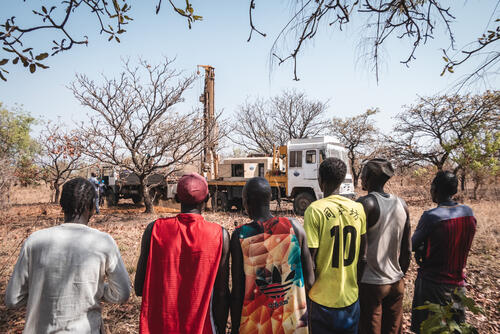
Providing clean drinking water, and correctly processing wastewater, protects people from waterborne diseases such as cholera. Our teams provide clean water and run a waste management system in all the health facilities where we work. We also assist with the provision of safe water and adequate sanitation conflict-hit regions and in areas where displaced communities live.

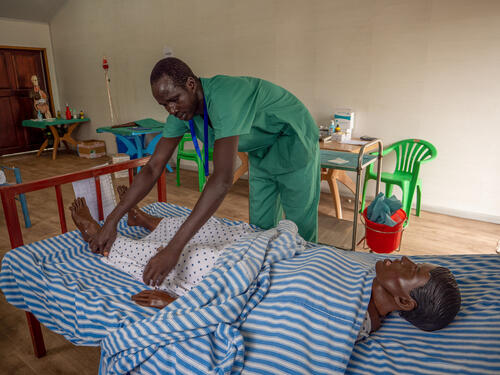
After decades of conflict and underinvestment, the severe shortages of health infrastructure and qualified medical professionals continue to pose major challenges to the development of a good healthcare system in the country. The MSF Academy for Healthcare is training locally hired South Sudanese healthcare workers in several states to strengthen competencies and improve the quality of care.
Our activities in 2023 in South Sudan
Data and information from the International Activity Report 2023.
3,773
3,773
€107.9 M
107.9M
1983
1983
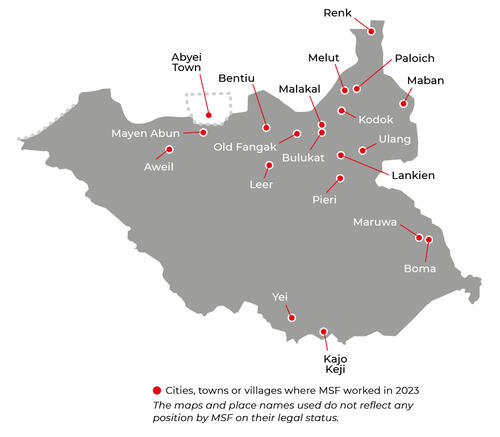

879,100
879,1
327,100
327,1
74,300
74,3

65,800
65,8
14,100
14,1
10,300
10,3

5,570
5,57
5,380
5,38
2,530
2,53

Shorter TB regimens offer new hope
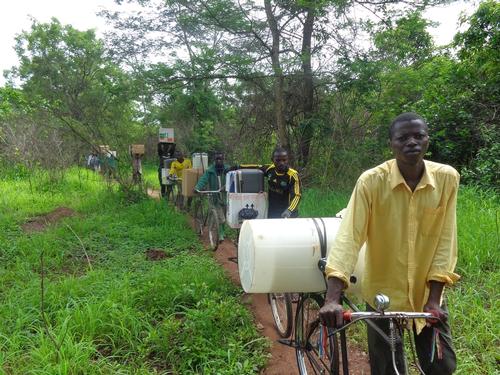
Thousands of South Sudanese refugees living in deplorable conditions
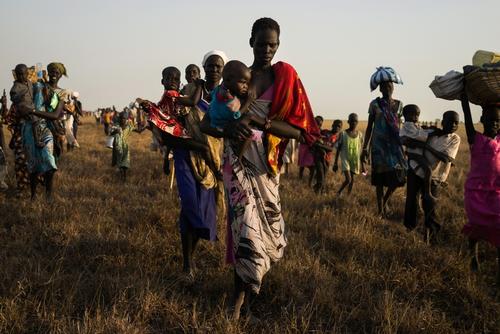
The book that travelled too much
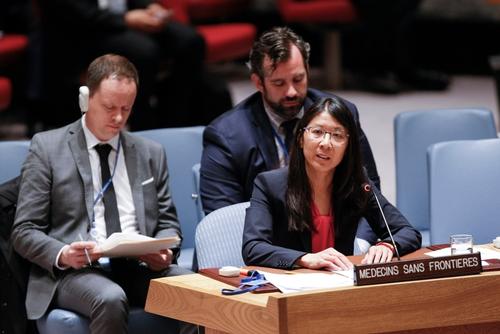
MSF President to UN Security Council: “Stop these attacks”
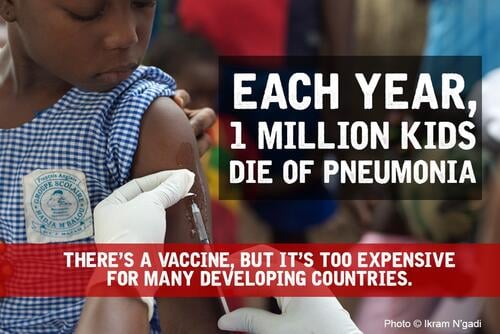
2,500 flowers are placed in front of Pfizer’s HQ, representing number of children who die of pneumonia each day.
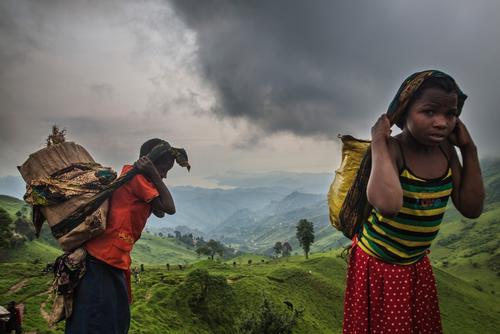
World Malaria Day: five challenges in the fight against the disease
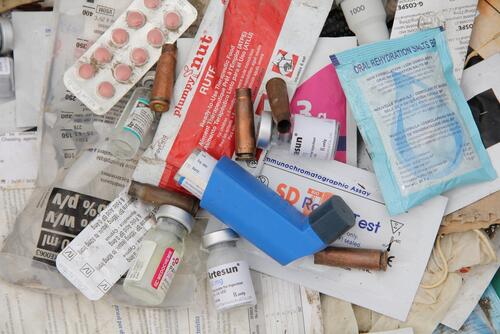
MSF issues open letter on nationwide lack of essential medicines
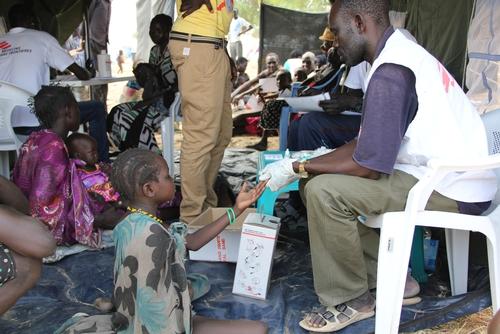
Activity Update, March 2016
